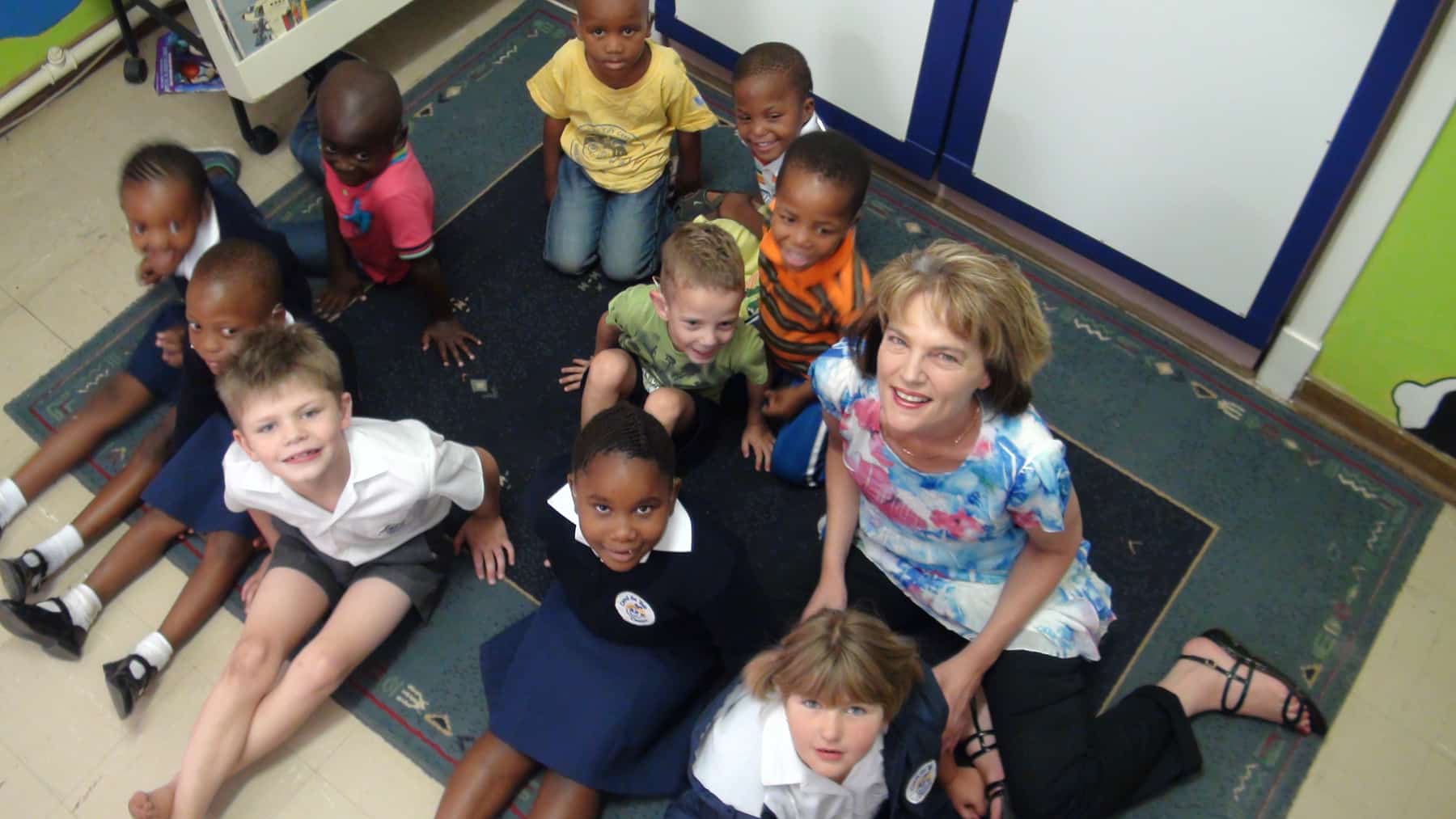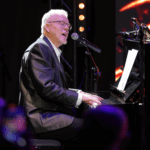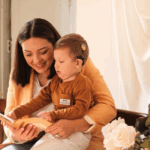MED-EL
Published Mar 26, 2015 | Last Update Mar 15, 2023
Who Am I: Magteld Smith’s Hearing Loss and School

Magteld Smith is the recipient of a MED-EL cochlear implant. We are lucky to be able to share her hearing loss story here on The MED-EL Blog, and you can read more from her, like tips for mothers of a child with hearing loss, here.
When speaking about hearing loss or deafness, the world is full of myths. One in particular is the concept of “deaf and dumb” or “deaf-mute”. Even till today, many people believe and have the perception that if a deaf person cannot hear, he or she cannot speak. The way in which we view deafness has a direct influence on how educators see and educate deaf learners.
Hearing Loss and School
I have recently visited the Carel du Toit Centre, where deaf children learn to speak using appropriate hearing aids and cochlear implants. It has been demonstrated through the decades that children with deafness and hearing loss have the same capacity as children with normal hearing, to learn to speak. Listening experiences and natural interaction create an intensive speech-development environment, which leads the child to linguistic competence. This process continues throughout the school years, laying a solid foundation for life.
These children are fresh and eager to enter the hearing world. I am filled with wonder, excitement and great hope for the future of these children in the country. The list of rewards is long. I feel lucky to find moments each day that renew my energy and remind me of the importance of this work. Today’s reward came in the form of a classroom observation in a local first grade. The teacher that I was observing was calm, consistent, nurturing, effective and positive with all of the first grade learners.
A Teacher’s Preconceptions
I was thinking back to when, thirty-nine years ago, I was in Grade 4 and it was a nightmare. The teacher was quite aggressive and rude. It seems that the term ”deaf” is like a word that is easily understood as simply stupid or, in medical terms, an intellectual disability. She was used to hitting us with a stick. I had to learn geography and history and was quite good in these subjects; however, I failed my tests. The reason for this was that she refused to give me a written/typed test, refused to write the questions on the blackboard and was used to walking around in the class and verbally asking the questions. The result was that she gave me a hitting and accusing me of not studying, that I was dumb and that I was sitting on my ears. She gave me numerous homework assignments to write out as punishment.
It was beyond her understanding, knowledge and perception that many deaf people have not learned to speak, while many have. According to her, the word dumb was co-opted to mean unintelligent or of low intelligence. So “dumb” changed in meaning from “mute” to “stupid”.
My parents visited her in an effort to explain to her that being deaf has absolutely nothing to do with intelligence. I don’t think deaf people are smarter than everyone in the world, but simply the same as everyone in the world. Of those people, just like hearing people, you will have some who are gifted and some who are confronted with additional disability/ies, but most will be of average intelligence like the rest of world.
Despite all these visits, she continued with this ill treatment and practice. She did not have any insight and didn’t even try to understand that a learner with deafness or hearing loss a hearing disability that is so serious as to significantly impair our capacity to hear and understand human speech, thus preventing us from participating fully in classroom interaction and from benefiting adequately from school instruction. The current-day technology of sophisticated hearing aids, cochlear implants, and FM systems were not available at time. During exams, I had done quite well because the exam papers were typed and so I understood the questions.
This teacher caused a serious emotional effect on me. I think that self-consciousness is an undeniable and inescapable attribute of all human beings. I confronted myself and the world: “Where did I come from?”; “For what purpose do I exist?”; “Why am I different?”; “I don’t understand what is really the difference between deaf and hearing”; so many of the unanswerable questions that come to mind every day, the centre on my sense of identity and my search for it.
Another challenge struck during Grade 5, when we had to learn a third language, an African language, Sesotho. Learning to lip read was a nightmare. Sesotho has a totally different pronunciation than English and Afrikaans. I passed my written exams in this language mainly because vocabulary was asked, and till today, I can’t manage to learn a third language.
Therefore, I was confronted with and experienced, at a very young age, discrimination or prejudice against deaf people based on an auditory condition.
A Student With Hearing Loss Succeeds
The world assumes that hearing people are superior to deaf people, or that deaf people are less capable (skilled, intelligent, etc.) than hearing people. Unquestioningly, these attitudes or behaviours promote stereotyping which could cause serious emotional damage.
I become very sensitive to the differences in what I can do and what hearing people can. I incorporated into my life the view of having limitations that excluded me. I become aware of the behaviour of hearing persons that identify a deaf person as different or inferior. All this takes a terrible toll on my self-esteem and sense of personal identity. I have felt so many times that I was uncomfortable in my own skin.
Either way, strong family support and open communication within the home is the most important part of learning for every child. Parents should consider discussing the decision with their deaf child—his or her insight into what works best for them might be surprisingly apt!
In the end it really comes down to a child’s personality, academic abilities, and his or her parents’ desire to fight for a good education for their child. Parents of mainstreamed children will have to make sure their children have experienced and qualified teachers willing to learn about teaching children with deafness and hearing loss. I’d be lying if I said it wasn’t difficult and isolating at times. But having attended mainstream school myself, I know that deaf people can be successful, and move on to be high achievers in college or universities.
MED-EL
Was this article helpful?
Thanks for your feedback.
Sign up for newsletter below for more.
Thanks for your feedback.
Please leave your message below.
Thanks for your message. We will reply as soon as possible.
Send us a message
Field is required
John Doe
Field is required
name@mail.com
Field is required
What do you think?
MED-EL


